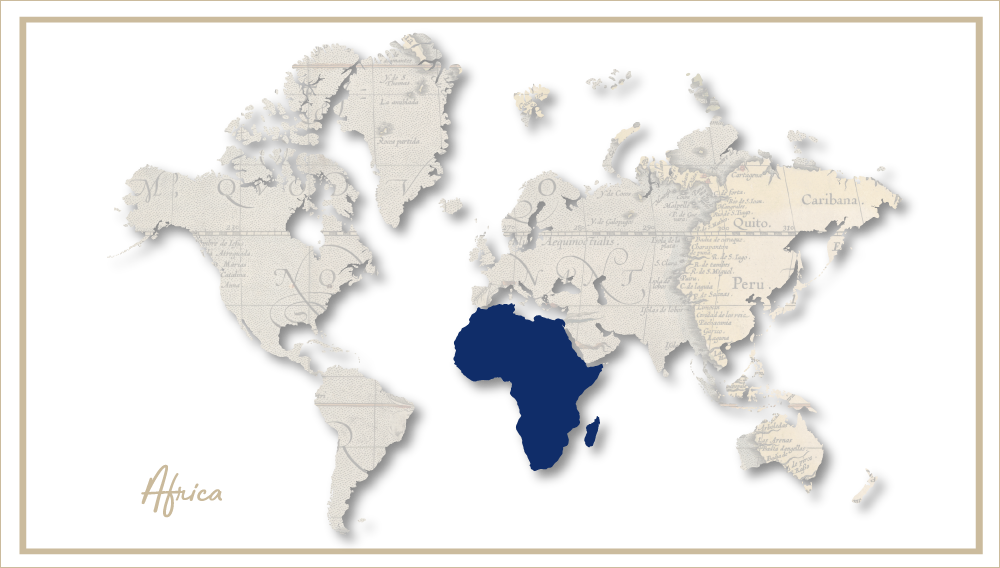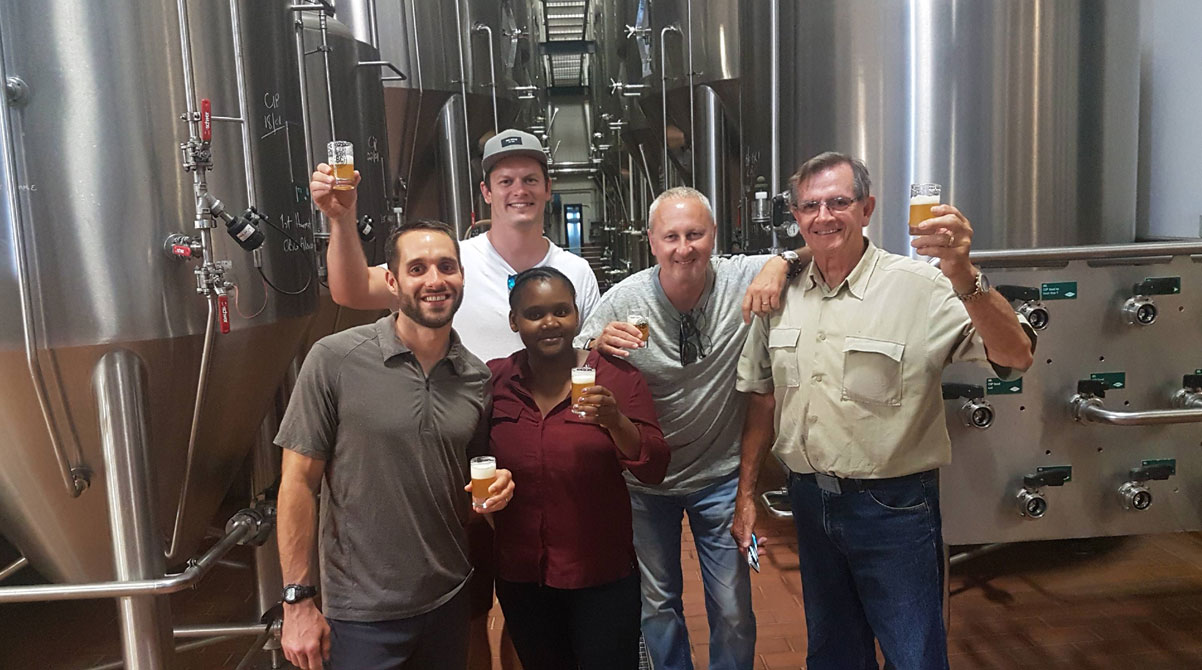“Craft brewers face headwinds”: interview with CBASA committee
South Africa | Being a craft brewer in South Africa is not for the fainthearted. Dealing with small pockets of consumers, widespread ignorance as to what craft beer is and a hostile economic environment will be challenging, say Apiwe Nxusani Mawela, Brian Stewart, Wolfgang Koedl, Troye May, and Nick Smith, who form CBASA’s committee, in an interview with BRAUWELT International.
What is the situation for craft brewers in South Africa right now? Officially, the South African economy sank into recession in the second quarter this year which cannot help your business.
Stewart: There are currently over 200 craft breweries in South Africa, up from only 20 a decade ago. While this may indicate rising confidence and awareness around craft beer, our market faces some headwinds.
May: Craft beer is mainly consumed in a few urban markets which may be saturated.
Koedl: Some inexperienced brewers also have an issue with quality, though, on the whole, we think that local craft beers do fairly well when it comes to quality.
Smith: Despite all this, we are excited about the potential for craft beer here. That is provided we work together. But creating a vibrant and strong craft beer community will be a long-term endeavour. Nevertheless, the growing number of CBASA members – there are now over 80 – shows our serious commitment going forward.
News coming out of South Africa in recent months does not exactly spell boundless optimism, if I may be blunt.
Mawela: Yes, we do worry about low economic growth – or none at present – and unemployment. Craft beer faces long odds in a country with over 30 percent unemployment, high inflation and no economic growth. What is more, 95 percent of the population cannot afford a craft beer.
Stewart: Worse still, after the merger of AB-InBev and SABMiller a beer war was started, with Heineken buying out smaller brewers like Stellenbrau, Soweto and Jack Black. Some of their brands have since been launched on a lower price scale, which means they clog up distribution and limit real choice for drinkers. May: The current price war between the two major brewers, who have carved up the market between them, does not exactly help us in promoting quality craft beer.
Smith: Craft brewers also face major hurdles when trying to get their beer to market and getting access to affordable raw materials.
Mawela: Another challenge is the increase in beer taxes and regulation, which are our most immediate concerns. We think that taxes should be scaled according to volume produced as it is in other countries.
There has long been talk about the need for a craft brewers industry body. What has taken you so long?
Koedl: Some things just take time. In any case, we are pleased that this year we finally managed to unite small and independent brewers around the goal of growing craft beer. We believe our community is stronger if it speaks with one voice.
Smith: Craft brewers worldwide all face the same obstacles: educating consumers about craft beer, getting access to quality raw materials, having access to markets etc. We can overcome these obstacles much better together.
What are the association’s aims?
May: We want to create a strong, growing and world class South African craft beer culture. Although per capita consumption of beer is fairly high at 87 litres for legal drinking age adults, the market is overwhelmingly dominated by big lager brands. There is no craft beer culture yet. Local craft beers represent only a tiny fraction of overall consumption.
Smith: This we seek to change. By growing the craft beer community in SA, we hope to also raise our market share, promote the industry and create passionate craft beer consumers.
Koedl: We aim to accomplish this by growing our membership base and educating the public about the benefits of supporting craft beer.
Mawela: But equally important to us is that we empower entrepreneurs among previously disadvantaged groups.
In the rest of the world there is discernible antagonism between craft brewers and Big Brewers. Does this characterise the South African situation too?
Stewart: Our organisation represents small and independent brewers. There is currently no collective voice or organisation for all brewers in SA, whether they are big or small, commercial or craft. There are plans to unite all players in the domestic beer industry in a separate association in order to represent all brewers when dealing with our government.
Mawela: The hike in excise earlier this year has affected all brewers, but it has hit us small brewers really hard. We need to be far more alert in the future when it comes to regulations and taxation of beer.
Koedl: I would like to stress that our primary aim as craft brewers is to protect our independence. Which is no small thing. Our government is burdening us with so much tax right now that many of us are literally fighting for survival. But – and please let me stress this – despite current economics and price war challenges South African craft brewers are confident and will pull through by standing firm.
Thank you Apiwe, Brian, Wolfgang, Troye, and Nick for answering our questions.
The interview was conducted by Ina Verstl.


